Brexit Britain has taken a sharp turn to the left
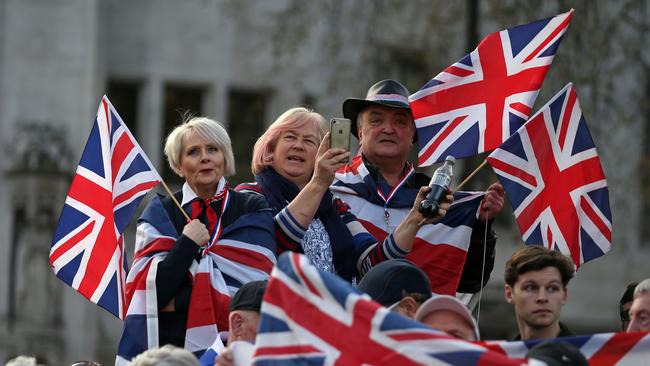
This column will offer no comment on whether such changes are for the better or worse. Instead I want to draw attention to the irony of what’s happening. A right-wing revolution – Brexit – appears to be serving left-wing policy goals instead of creating the economic landscape that Brexiteers dreamt of. Jeremy Corbyn was right about the possibilities for the left that Brexit opened up, and what’s happening is closer to his playbook than to that of the Brexit right.
Always a closet Brexiteer, Corbyn’s dislike of the EU comes straight from the textbook of the socialist hardliners, stretching in an unbroken line from Michael Foot to Peter Shore and Tony Benn to Corbyn himself. Foot’s 1983 election manifesto was clear: Labour would “introduce the necessary legislation to prepare for Britain’s withdrawal from the EEC, to be completed well within the lifetime of the Labour government”.
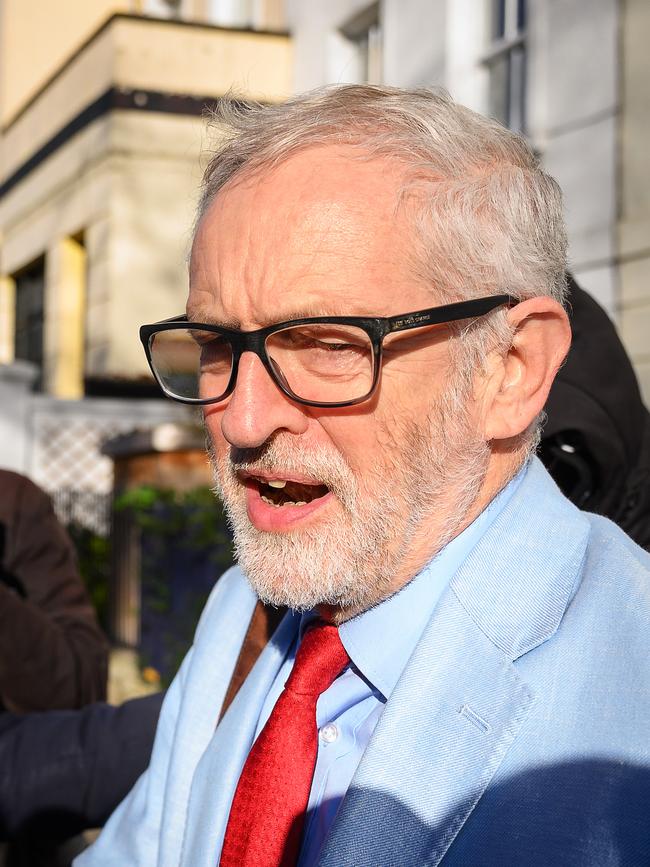
The left’s argument for this was equally clear: that the (then) Common Market was a capitalist club; that it was obsessed by competition and restricted any government’s scope for economic intervention by (for instance) subsidising industry, or rescuing failing businesses; and that membership was (in that 1983 manifesto’s words) “bound to conflict with our strategy for economic growth and full employment, [and] our proposals on industrial policy and for increasing trade”.
In the years since, the socialist logic against membership has only strengthened. With the coming of the single market, EU restraints on state subsidy became tougher and, in Marxist terms, the bargaining power of labour against capital was undermined by the free migration of cheap labour, skilled and unskilled. Part of the burden of training and investment in the domestic workforce was lifted. Though some surveys have suggested otherwise, common sense insists that wage increases must have been suppressed in the care and healthcare sector, the catering and food industries, agriculture, and the building, decorating, plumbing and electrical trades.
That was the left’s analysis, and the post-Brexit dream that flowed from it was obvious. Leaving the EU would empower the British state to get its hands back on the levers of economic control, and the native workforce would no longer be undermined by cheap foreign labour.
The right’s post-Brexit dream could hardly have been more different. It was for a bonfire of controls, and of a Britain walking tall in a globalised world and striking great new trade deals around the planet. “Cut the EU red tape choking Britain after Brexit to set the country free from the shackles of Brussels” was a Daily Telegraph headline in 2017. As foreign secretary, Boris Johnson (the Financial Times reported) would tell EU diplomats of his vision of making Britain a low-tax, lightly regulated, “buccaneering” country.
The 2019 Tory manifesto enthused about the “new freedoms” our economy would enjoy. Later that year Johnson foresaw us “exploding out of” EU restraints, and “breaking our shackles” like “the Incredible Hulk”. In February 2020 the foreign secretary, Dominic Raab, described the “global Britain” we would become, liberated to make our own trade deals.
Nor was the right’s vision purely economic. Uncle Sam would be by our side as we walked tall. Freed from an EU that Tory Brexiteers deplored as anti-American, we could deepen our special transatlantic relationship with our English-speaking cousins.
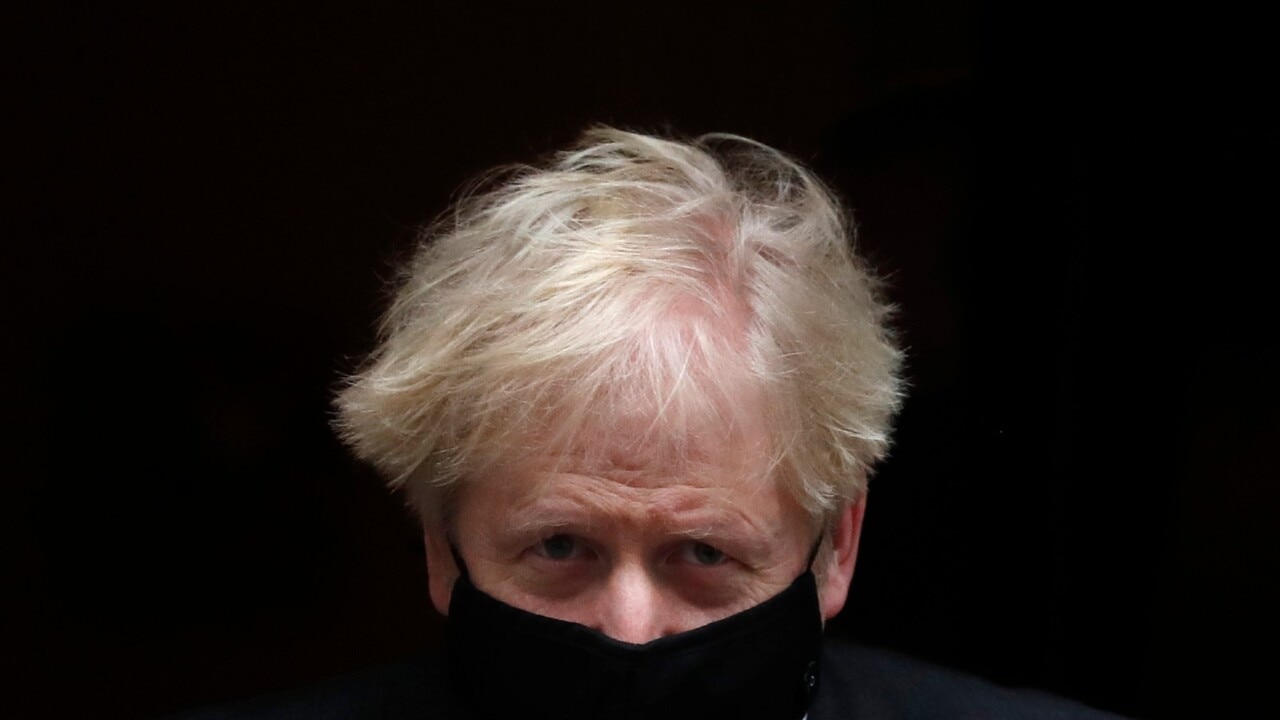
These rival visions – socialist freedom to move left versus Tory freedom to move right – were diametrically opposed. But because they agreed on the one thing that in the heat of the 2016 referendum seemed to matter – whether to leave – few seemed to care that this was only first base.
And after that? It’s becoming obvious who got the prospects right, and it wasn’t the Tory Brexiteers. As events now demonstrate, the returns on investment in the Anglo-American “special relationship” were never secure. Ignored by Washington and shorn of what solidarity we had with our own continent, the UK cuts a rather lonely and confused figure in the world this month. None of the great new trade deals we had hoped to secure seem to be in the offing, the prospect of any sweetheart deal with the US is surely receding, and our new deals so far largely replicate the ones we had as EU members. The increasingly “globalising” world that Brexit Britain, turning its back on the EU single market, would be joining has if anything gone into reverse, as prospects loom of a chilling of trade with China.
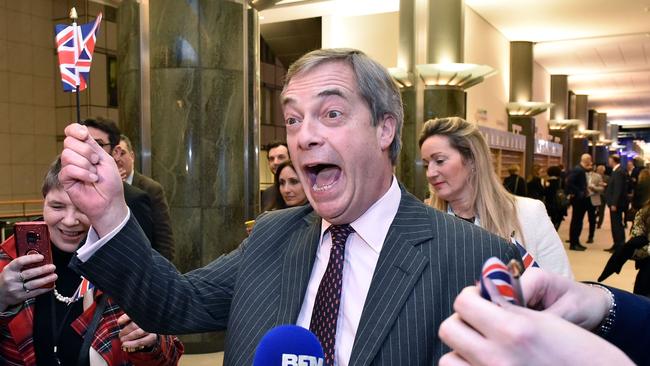
None of this spells disaster and the UK will plod on. Remainer prophecies of doom have not come to pass nor, I suspect, ever will. But Brexit was to be transformative, and there’s really only one sea-change I detect so far. As a country we are moving steadily left. Even as a new generation of Tory boys lay posies at the shrine of a woman they never knew, Thatcherism itself is dying. There will be little serious opposition to a state bailout of our steel industry, or any other industry, if it should come to that. I can think of no nationalisation today that would meet sustained public or political resistance and it’s happening to the railways already. Tax rises are no longer anathema. Public sector pay deals will have to reflect Brexit-related labour shortages.
Much of this would have happened without Brexit: only when or if we get a Labour government will the removal of the EU brake on intervention matter much. No, it is what has not happened that most strikes me. Noiselessly the post-Brexit, small-state dream of the right has evaporated like a dawn mist, and with it the Tory case for ever provoking our Brexit convulsions in the first place.
The clarity of the British right’s economic analysis has always been prey to chronic attacks of nationalism. Brexit was one of them. My old party put faith before reason and spleen before brain, and four years of yelling at each other followed. Oh what a waste of time, effort and anger this has all been.
The Times


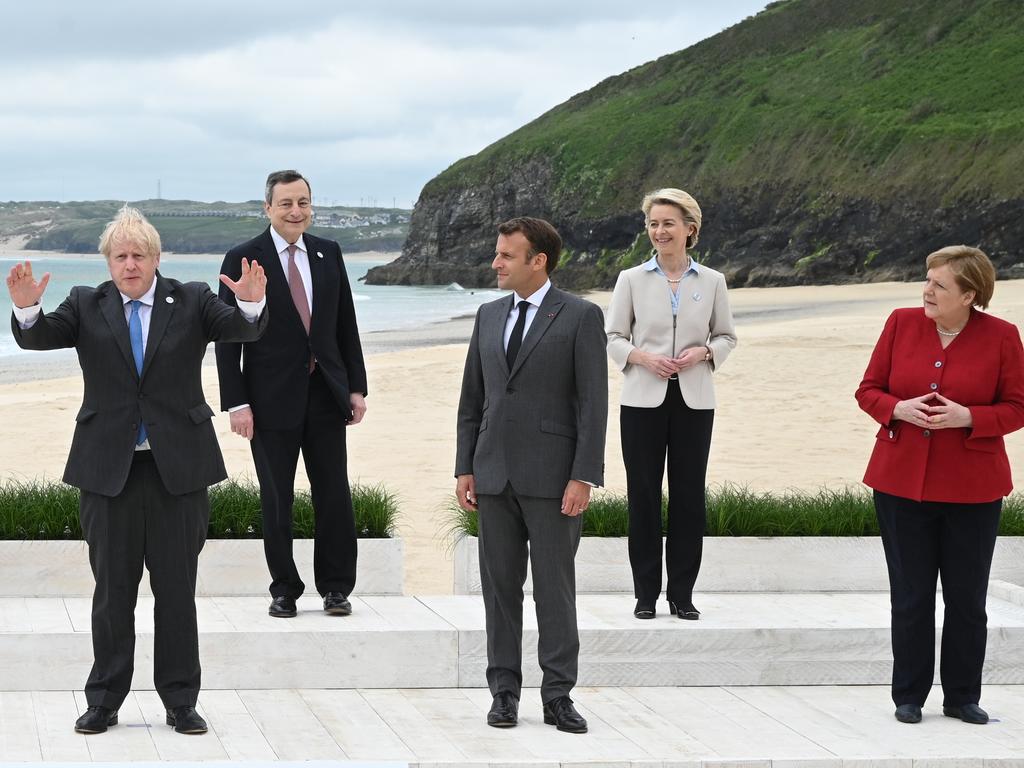




There is no shortage of lorry drivers, at least not in the longer term. In the immediate future we need more of them, but training up drivers and getting them through their HGV test needn’t take too long, and if employers keep upping the wages then soon enough there will be no shortage of people attracted to the job. As in the care sector, this latest supposed employment crisis is one more example of the adjustments we’re going to have to make, and pay for, now we’re out of the continent-wide pool of labour created by the EU single market.